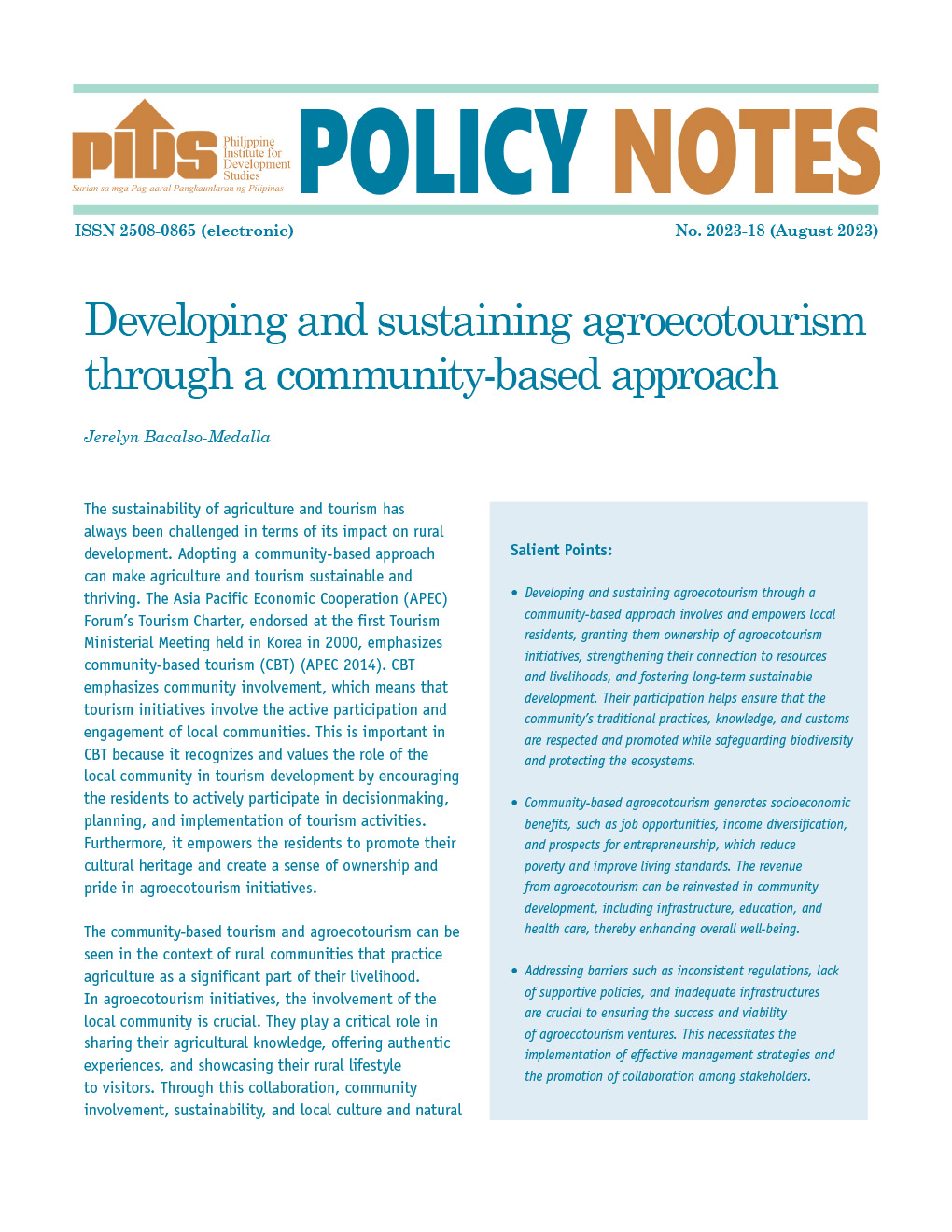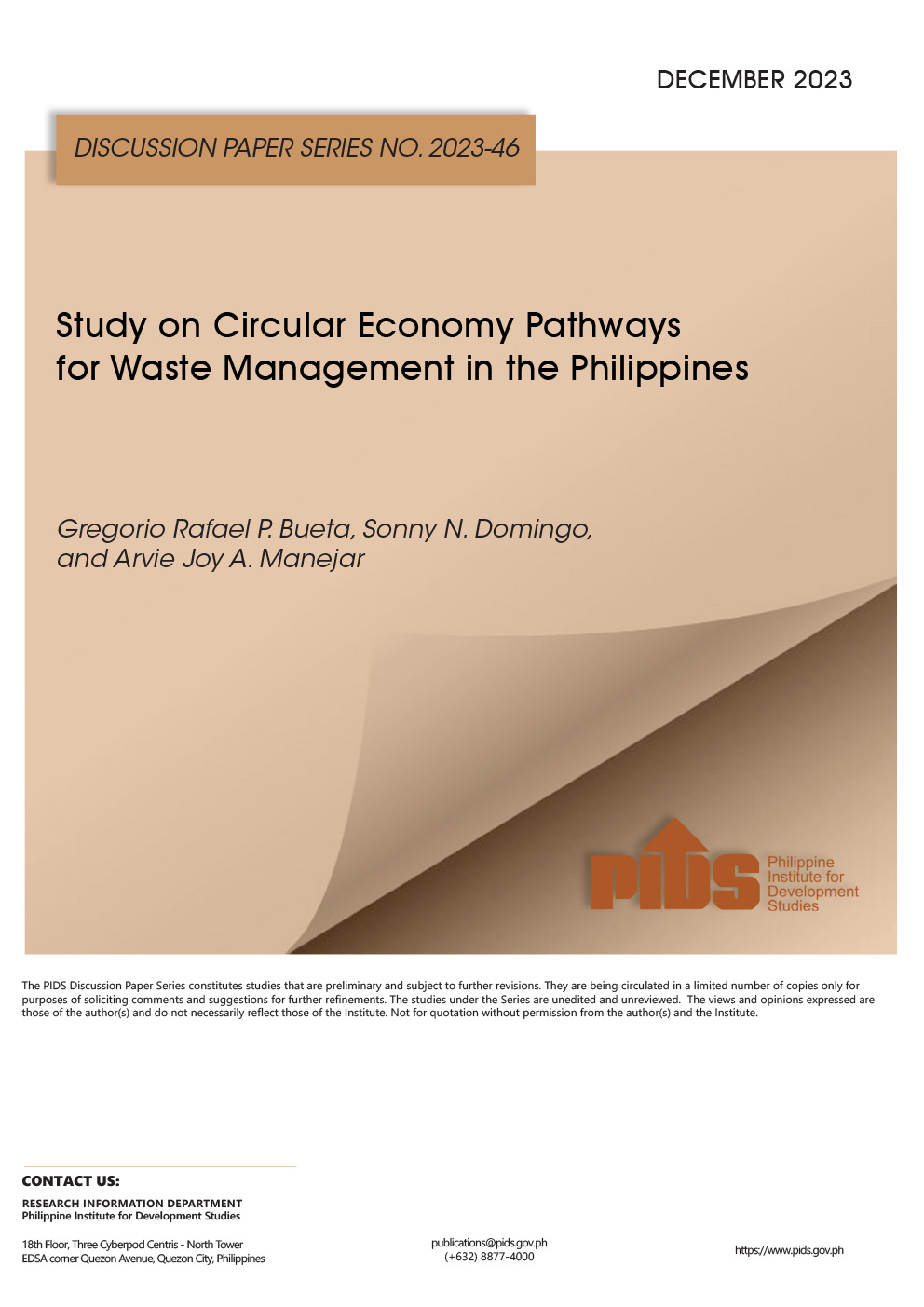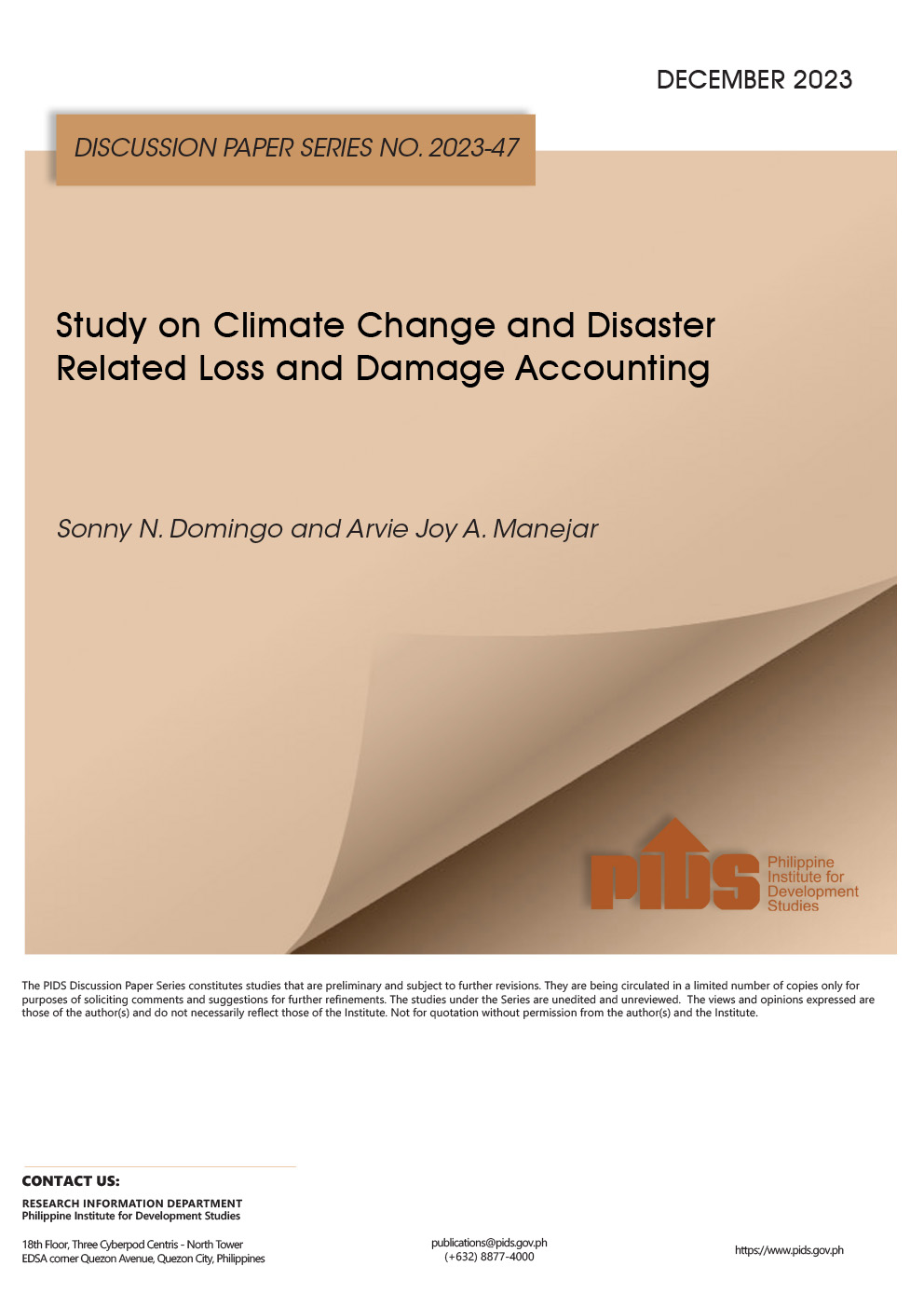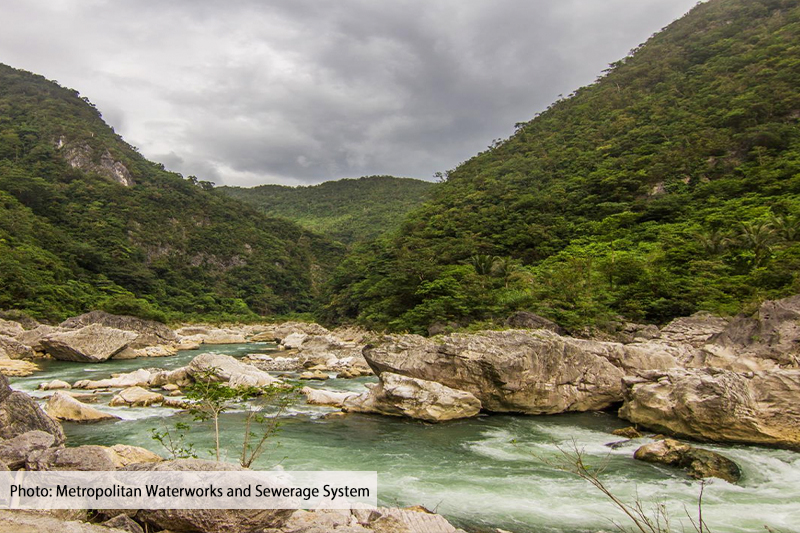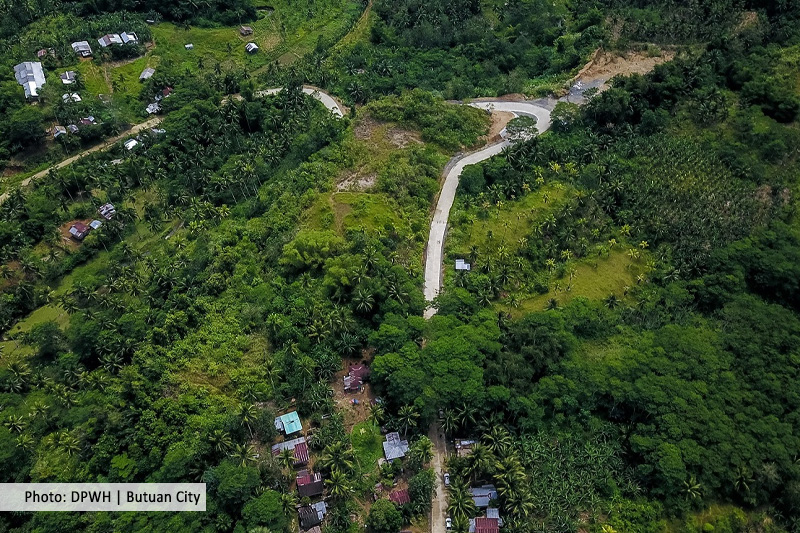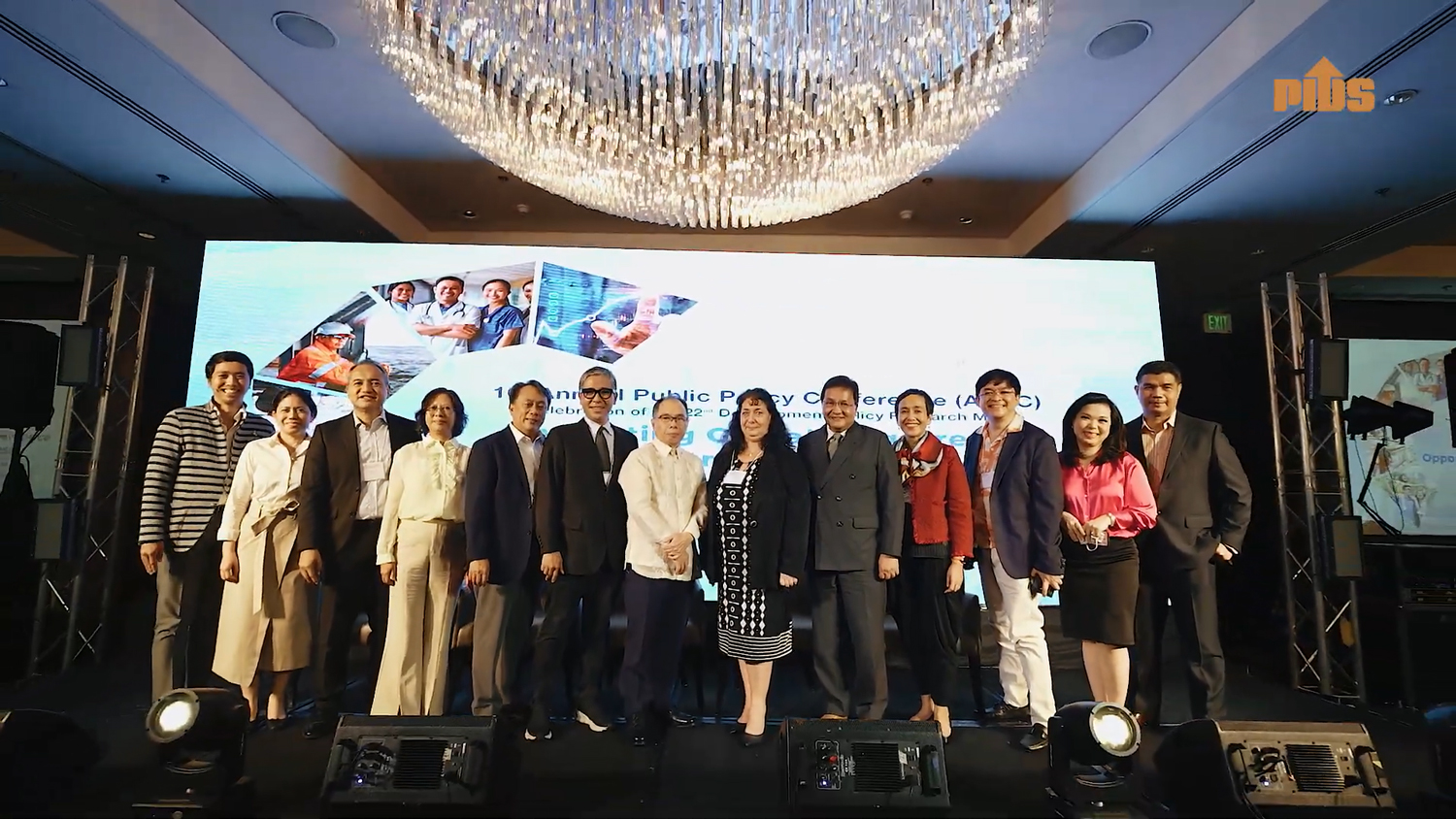Through the Access to Sustainable Energy Programme-Clean Energy Living Laboratories (ASEP-CELLs), the Ateneo School of Government, with the funding support from the European Union, held the seventh installment of the virtual Energy Policy Series (EPS) last October 1, 2021.
With more than 60 participants from various government agencies, academic institutions, private sector, and civil society, ASEP-CELLs’ research fellows Dr. Emerson Sanchez, Dr. Jayson Lamchek, and Mr. Mark Bryan Manantan presented their working paper titled, “Sovereign Wealth Fund (SWF) Policy Options for Philippine Off-shore Energy Resources”.
Joining the panel were Dr. Margarita Debuque-Gonzales from the Philippine Institute for Development Studies, and Dr. Mary Ann Quirapas-Franco from the Energy Studies Institute of the National University of Singapore, as discussant and moderator, respectively.
Mr. Manantan defined SWF, and the various perspectives on how to examine it. He narrowed down his discussion on the relevant frameworks applicable to resource-rich developing economies. Mr. Manantan then presented various typologies, which he described as "critical in laying the groundwork for the Philippine's own SWF and the policy implications to our energy resources".
From there, Dr. Lamchek discussed their three case studies on SWFs in Southeast Asia that includes Singapore, Timor Leste, and Indonesia. To understand SWF policies empirically, Dr. Lamchek elaborated on the standards used for the maintenance of Singapore and Timor Leste’s SWF. For corruption-related insights, he presented the similarities between Indonesia’s SWF and Malaysia’s corruption-ridden development fund.
Dr. Sanchez afterwards provided discussion points of a potential Philippine SWF, expounding on possible starting points and drawbacks, with the Malampaya Fund, Senate Bill 1764, and the Santiago Principles as references.
In the end, Dr. Sanchez hopes that a Philippine SWF can adopt the productivist framework to maximize the funds derived from offshore energy resources, while also using the moralist approach to achieve intergenerational wealth.
As a discussant, Dr. Margarita Debuque-Gonzales provided a comprehensive review on the topic of SWF from an economic perspective. She notes that there should be an evaluation whether the SWF to be established is to be used for domestic or foreign investments. Dr. Debuque-Gonzales also commented on the feasibility of an SWF, especially in terms of size and design, fund management, timing, governance, and sustainability.
Meanwhile, Dr. Quirapas-Franco shed light on the need to define political stability and how it would be directly linked to the success of an SWF. Both Dr. Debuque-Gonzales and Dr. Quirapas-Franco shared editorial comments to improve the cohesiveness of the paper.
In response, Dr. Lamchek and Mr. Manantan emphasizes the importance of rethinking the establishment of a Philippine SWF by considering its political-economic context, while learning from other successful SWFs who were able to help insulate their countries from the global shock induced by the pandemic.
Dr. Sanchez also returns to the essence of having several policy options as a starting point in a discussion of a potential Philippine SWF, by referring to Benham Rise and the Malampaya fund as possible sources of funds for energy resource development.
The open forum was opened by Dr. Quirapas-Franco with discussion points on the potential of an SWF in the current health crisis, key stakeholders and their roles in its establishment, and its positive impact towards promoting sovereignty. Other topics floated are the impact of the upcoming 2022 elections in the plausibility of a Philippine SWF.
Energy Policy Series Discusses The Prospect Of A Philippine Sovereign Wealth Fund
Sly Custodio

